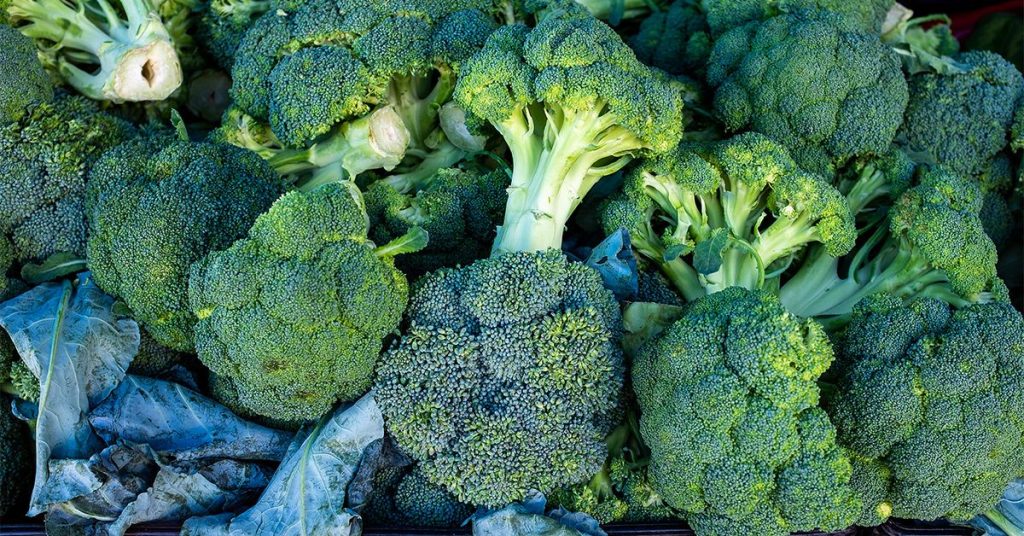High blood pressure, also known as hypertension, can increase the risk of heart attack and stroke, making it essential to control. One way to manage high blood pressure is through dietary changes. A recent study aimed to compare the effects of cruciferous vegetables, such as kale, broccoli, and cauliflower, on blood pressure compared to root and squash vegetables. Participants in the study were aged between 56 and 72 years old and had mild or moderately high blood pressure levels. The baseline systolic blood pressure was mildly elevated at 135.9 mmHg, and diastolic blood pressure was 76.4 mmHg. Data on dietary habits, physical activity, and stress levels were collected at the beginning of the study.
Participants in the study underwent two-week interventions, with one period involving the consumption of four servings of root and squash vegetables a day, and the other period involving the consumption of four servings of cruciferous vegetables a day. The vegetables were prepared as soups and provided for lunch and dinner. The results of the study showed a decrease in systolic blood pressure during the day after the two-week intervention with cruciferous vegetables. However, nighttime systolic blood pressure did not show a significant change. Participants in the active intervention group experienced a decrease in serum triglyceride levels compared to the control group. Both groups also lost weight, though weight loss did not seem to be the reason for the blood pressure differences.
Limitations of the study included a small sample size of less than 20 participants, a lack of diversity, and the difficulty in generalizing the results due to higher vegetable intake at baseline. Further research with larger sample sizes and longer follow-up periods is needed to validate the findings of this study. While complete blinding of participants was not possible, efforts were made by researchers to maintain participant blinding. The study did not offer full control over the participants’ other food intake, and participants had to report their dietary intake.
The positive effects of cruciferous vegetables on blood pressure were noted by study authors and independent experts. The study suggests that consuming cruciferous vegetables can lead to a reduction in blood pressure and lower the risk of cardiovascular events. Cruciferous vegetables are also associated with other health benefits, such as cancer-fighting properties, high fiber content, and immune system support. However, further research is needed to understand the specific components of cruciferous vegetables responsible for the observed effects on blood pressure.
For individuals looking to incorporate more cruciferous vegetables into their diet for blood pressure management and overall health, it is advisable to seek guidance from healthcare professionals. Making sustainable dietary changes over time, such as gradually increasing vegetable servings, is more effective than drastic alterations. Ways to include cruciferous vegetables in daily meals include adding kale to smoothies, making salads with brussels sprouts or cabbage, or snacking on raw broccoli or cauliflower with hummus. Overall, the study highlights the potential benefits of cruciferous vegetables in supporting heart health and lowering blood pressure.


